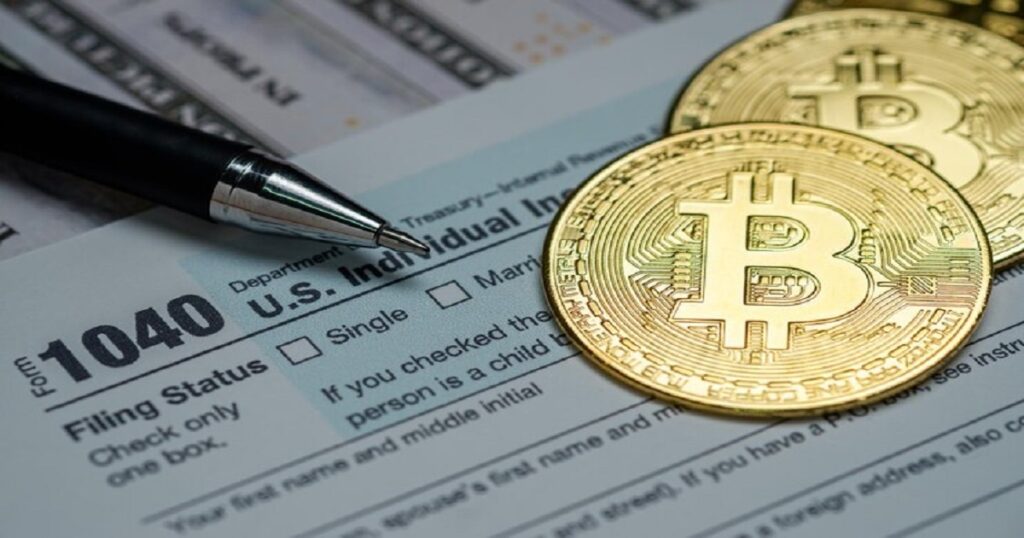Introduction:
Cryptocurrency mining has become a popular way to earn digital assets, but it's crucial to understand the tax implications of this activity in Canada.
The Canada Revenue Agency (CRA) has specific guidelines on how mining income is taxed, and failing to comply with these regulations can lead to significant penalties. This article explores the tax treatment of cryptocurrency mining in Canada, providing miners with the information they need to stay compliant.
How Is Cryptocurrency Mining Taxed?
In Canada, the CRA treats cryptocurrency mining as either business income or a hobby, depending on the scale and intention behind the activity.
1. Business Income: If you're mining cryptocurrencies with the intention of making a profit, the CRA considers it a business activity. As a result, any income generated from mining is subject to income tax as business income. You can also deduct related expenses such as electricity, hardware, and internet costs.
2. Hobby Income: If you're mining as a hobby, the CRA may treat the income as a hobby income. In this case, the income is still taxable, but you may not be able to deduct related expenses.
Taxable Events in Mining:
Several scenarios in cryptocurrency mining can trigger taxable events. These include:
1. Earning Mining Rewards: The value of the cryptocurrency at the time it is mined is considered income and must be reported to the CRA.
2. Selling Mined Cryptocurrency: When you sell the mined cryptocurrency, any profit is considered a capital gain (if held as a capital property) or additional business income.
3. Exchanging Mined Cryptocurrency: If you exchange mined cryptocurrency for another digital asset, the value of the asset received is considered a taxable event.
Deductible Expenses for Miners:
As a cryptocurrency miner, you may be eligible to deduct certain expenses from your taxable income. These can include:
1. Electricity Costs: The electricity used to power your mining equipment.
2. Equipment Depreciation: The cost of your mining hardware can be depreciated over time.
3. Internet Costs: Expenses related to your internet connection used for mining.
4. Other Operational Costs: Any other expenses directly related to the mining operation.
It's essential to keep accurate records of all expenses and the value of the mined cryptocurrency to ensure compliance with CRA regulations.
Conclusion:
The taxation of cryptocurrency mining in Canada is complex and requires careful attention to detail. By understanding how mining income is taxed and what expenses can be deducted, you can ensure that you remain compliant with CRA regulations and minimize your tax liability.
If you have any questions or require further assistance, our team of accountants at Tax Partners can help you.
Please contact us by email at [email protected] or by phone at (905) 836-8755 for a FREE initial consultation appointment.
You may also visit our website (www.taxpartners.ca) to learn more about other services we offer in Canada, US and abroad.


